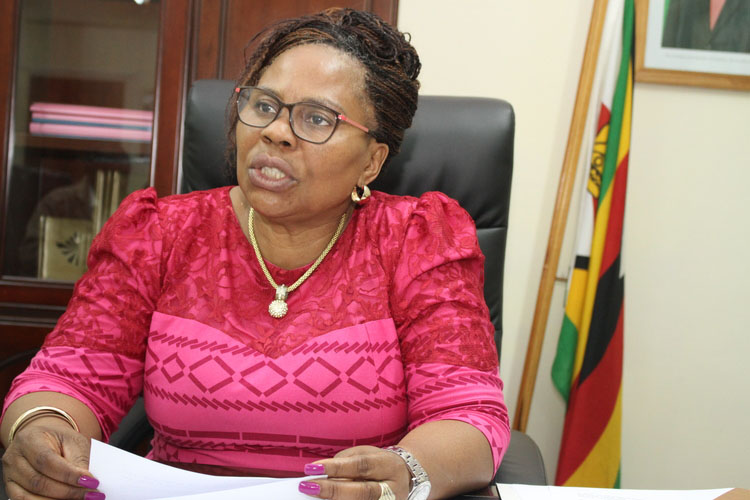The situation in the country is a ticking time bomb waiting to explode due to negative peace imposed on citizens by security forces, analysts have said.
This comes after Minister of Information, Publicity and Broadcasting Services Monica Mutsvangwa’s told Parliament, Friday that the country is now at peace following the military crackdown on civilians after the January 14 violent protests.
“We value peace and I am happy that the Government’s intervention managed to contain that situation and now peace is prevailing which allows every Zimbabwean citizen the right to go wherever they want to go in a peaceful manner,” said Mutsvangwa.
However, the sentiments have been criticised by analysts who feel the situation is likely to take a turn for the worst as the economic situation continues to worsen.
Political analyst Thomas Sithole said the security forces imposed the so-called peace on citizens.
“What is prevailing is negative peace that was imposed on the citizens by the heavy-handedness and crackdown of the military,” said Sithole.
“What is not in doubt is that the current situation is a ticking time bomb and the government needs to come up with tangible solutions to the raging Zimbabwean crisis”.
Armed soldiers and police have been on a rampage mostly in western suburbs reportedly beating up people suspected to have been involved in the strike.
Another analyst, Effie Ncube shared the same sentiments saying people fled from demonstrating on the streets out of fear of being victimised by security forces.
“The Minister has a hazy understanding of peace. She thinks that when people have fled from the streets fearing marauding security forces that have committed torture and killings then there is peace,” he said.
“Peace is far more than that. There can be no peace without jobs, food, and justice.”
“Successfully suppressing constitutional rights of freedoms of expression, assembly, protest and demonstrations do not mean peace”.
He said peace cannot be secured by departing from the provisions of the constitution, rather it is the rule of law, a culture of constitutionalism and more democracy that will bring peace to the country.
Minister Mutsvangwa quoted Section 59 of the Constitution that talks to the freedom of demonstration, highlighting that the security forces intervened because citizens launched an uprising, not protesting.
“What we saw was not a protest but was an uprising. We saw hooligans, we saw criminals looting shops, looting tuck shops. A man who is trying to make a living to look after his family in the suburbs there trying to do a genuine way of looking after his family, the tuck shop was torched, cars were torched, and even a policeman on duty was stoned to death,” she noted.
“The roads were barricaded; innocent citizens of this country wanted to go and continue to do their everyday work without hindrance but were actually being disrupted. We lost lives and this is unnecessary in this country. I must say when I speak about this, let us talk about Zimbabweans, what is our culture? What is it that we value most?”

